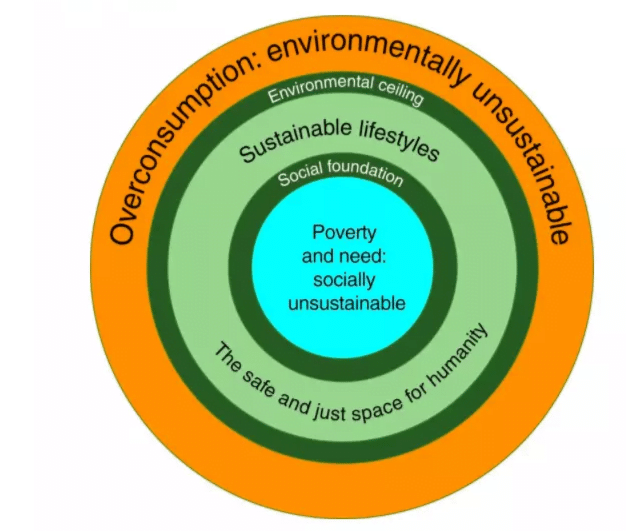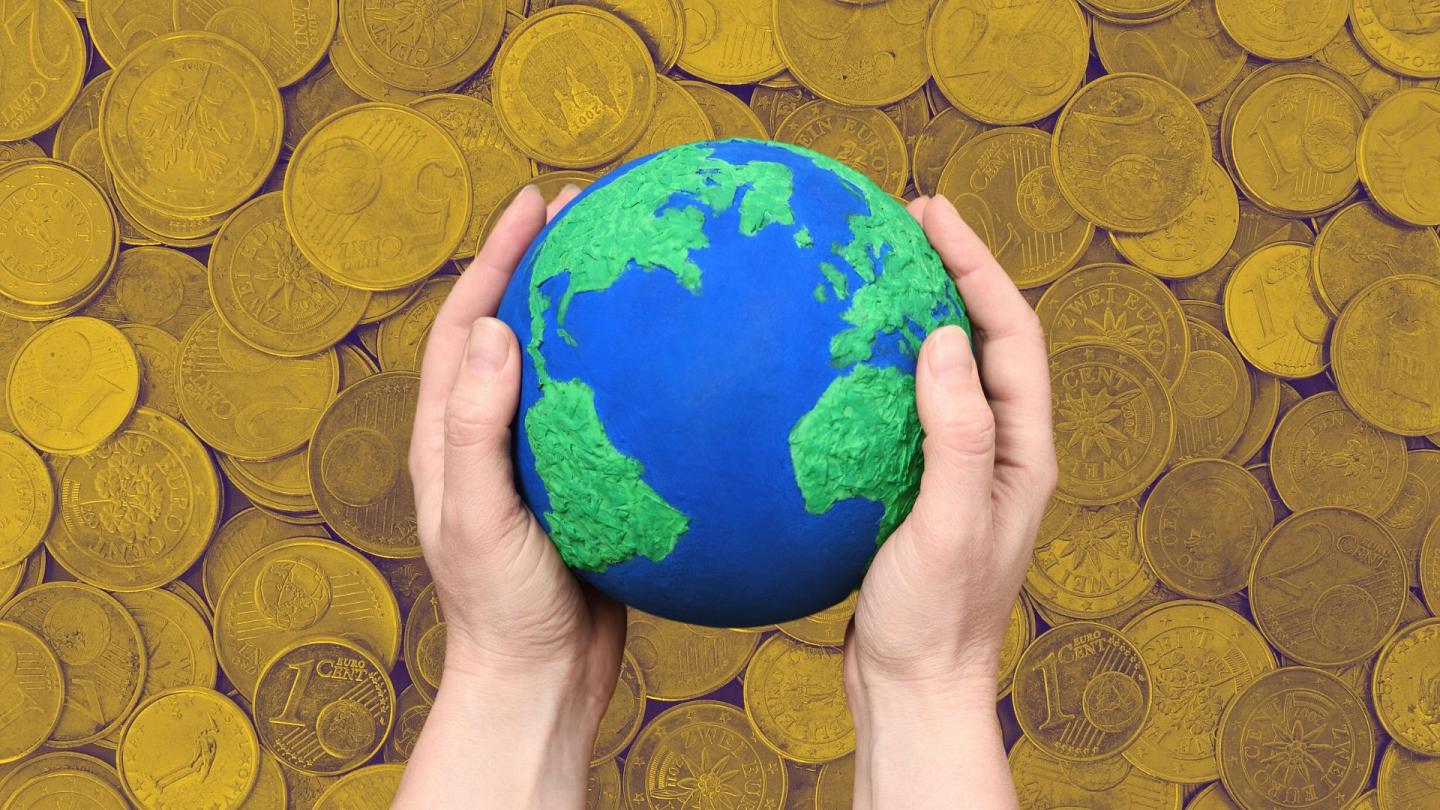Wealth is the biggest global threat according to a new scientific report. True sustainability will be achieved only through drastic changes in lifestyle, the report says.
The World Economic Forum has called for a major restructuring of capitalism in the wake of the pandemic: it is one of the main conclusions of a team of scientists from Australia, Switzerland and the United Kingdom. The team warned that the fight against excessive consumption must become a priority.
The report, titled “Scientists' Warning on Affluence,” explains what true sustainability requires significant lifestyle changes, not the hope that more efficient use of resources is sufficient.
“We can't rely on it only on technology to solve environmental problems existing such as climate change, biodiversity loss and pollution." This is what the main author of the report, Professor, writes Tommy Wiedmann from the Australian University of New South Wales Engineering, in an article on Phys.org. “We need to change our wealthy lifestyles and reduce excessive consumption, combined with structural changes.”

An increasingly difficult global challenge
It is widely recognized that the planet could face an ecological tipping point.
“To care for humanity, we must care for nature,” said the UN Secretary General António Guterres on World Environment Day in June.
Guterres stressed the importance of making changes as the world recovers from the recent pandemic: “As we work to build back better, we put nature in its place, that is, at the center of our decision-making process”.
About half of global GDP is related to nature
In addition to the many millions of jobs dependent on the environment, there are also billions of people intimately connected to and totally dependent on natural remedies and medicines.
The threat of human-caused environmental damage was highlighted in the World Economic Forum's 2020 Global Risk Report, where in the top 10 most probable and most impactful risks.
Consumption, a threat of species
The main problem outlined by the report is that any increases in resource efficiency and environmental protection offered by technology-based solutions have been outpaced by growth in consumption. So much so that it may be time to rethink traditional ideas about supply and demand.
In capitalist societies, the theory states that consumer needs drive the rest of the economy: businesses will only produce things for which there is demand. (One of the reasons why in the midst of the Covid disaster there were no masks around).
The reality of 21st century global capitalism is a little more complex than that. And a little worse, too. Some economists argue that growth itself is the problem.

It is time for a reset
An economy must be created in which the market pursues fairer outcomes for all, supported by changes to fiscal, regulatory and fiscal policies and new trade agreements. We need investments that promote shared objectives, such as equality and sustainability. It is already happening in some parts of the world, those where economic stimulus programs are being implemented. We need greater public/private collaboration in the pursuit of the public good.
The pandemic devastated families and blocked major economies. But by directing resources towards new and improved systems and processes, rather than supporting existing ones, a lasting change for the better is possible.
A global threat
This belief is echoed by the scientists' report, which shows that wealth is "in fact a dangerous global threat and leads to destruction on a planetary scale." The co-author says so Julia Steinberger, professor of ecological economics at the University of Leeds.
To protect ourselves from a worsening climate crisis, in other words, we must reduce inequality and challenge the idea that wealth and those who possess it are intrinsically positive models.


